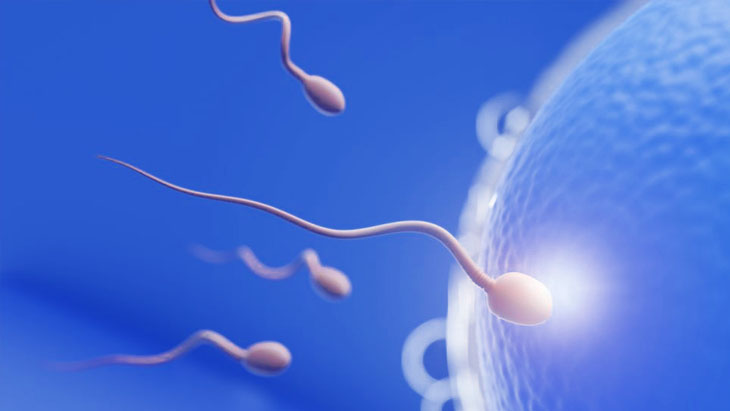Cystic Fibrosis (CF), a genetic disorder that affects various organ systems from the digestive tract to the lungs, poses intriguing questions when it comes to its impact on male reproductive health. This article delves into the lesser-known complexities surrounding CF and its association with infertility in men.
Understanding Cystic Fibrosis and its Respiratory Challenges
Cystic Fibrosis, often abbreviated as CF, is a genetic ailment that manifests in the early stages of embryonic development, causing atrophy in the vas deferens, crucial tubes responsible for transporting sperm. While CF primarily leads to long-term respiratory issues, its influence on fertility remains a less-explored facet. Contrary to women with CF who typically face no challenges in conception, men with this condition often grapple with infertility.
Two-Sided Congenital Absence: A Roadblock for Sperm Passage
The majority of men with CF encounter reproductive problems associated with a structural defect known as Congenital Bilateral Absence of the Vas Deferens (CBAVD), a condition observed in 98% of CF-afflicted males. In a typical scenario, sperm develop in the testes and move through the epididymis, a tube attached to the testis. This tube facilitates chemical changes, enhancing sperm mobility and storage until ejaculation.
However, men with CBAVD experience a complete blockage or absence of the vas deferens. This means sperm get detained in the testes or epididymis, preventing them from reaching ejaculation, a condition termed obstructive azoospermia.
Varied Manifestations of Cystic Fibrosis
Not all men with CF exhibit severe symptoms. In fact, many may lack respiratory or digestive manifestations altogether. For some, the absence of the vas deferens is the sole symptom.
Though reproductive challenges are common in men with CF, infertility is not a universal outcome. Up to 90% of men with CF produce functional sperm. Assisted reproductive technologies (ART), such as in vitro fertilization, can often aid in overcoming these challenges. Surgical sperm extraction, known as Microsurgical Epididymal Sperm Aspiration (MESA), involves retrieving sperm for later use in the fertilization process. Given the genetic nature of CF, it’s crucial for the partner to undergo genetic testing and seek appropriate medical genetic counseling.
Exploring Hypogonadism in the Context of Cystic Fibrosis
Another condition intertwined with CF in men is hypogonadism, a clinical syndrome associated with low testosterone levels. In the context of CF, hypogonadism tends to be multifactorial. Chronic inflammation, recurrent infections, and regular use of glucocorticoids are among the factors contributing to hypogonadism in men with CF. While the prevalence of hypogonadism in CF-affected men remains uncertain, a study involving 40 such individuals noted a decrease in serum testosterone levels. Hypogonadism may also lead to reduced bone mineral density, diminished muscle mass, energy loss, infertility, and depressive moods.
Navigating the Uncharted Territory of CF-Related Hypogonadism
Research on hypogonadism in men with CF is limited, leaving the full impact of this condition on the severity of CF not entirely understood. Men with CF should undergo assessments for hypogonadism, alongside identifying the underlying causes of the disease. Treatment involves testosterone replacement therapy through injections, tablets, patches, or gels.
In conclusion, the intricate interplay between Cystic Fibrosis and male reproductive health demands comprehensive exploration. As scientific understanding advances, more effective interventions can be developed to address the unique challenges faced by men with CF, ensuring a holistic approach to their health and fertility.

